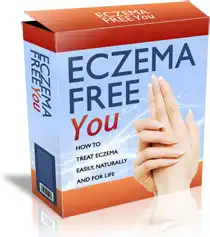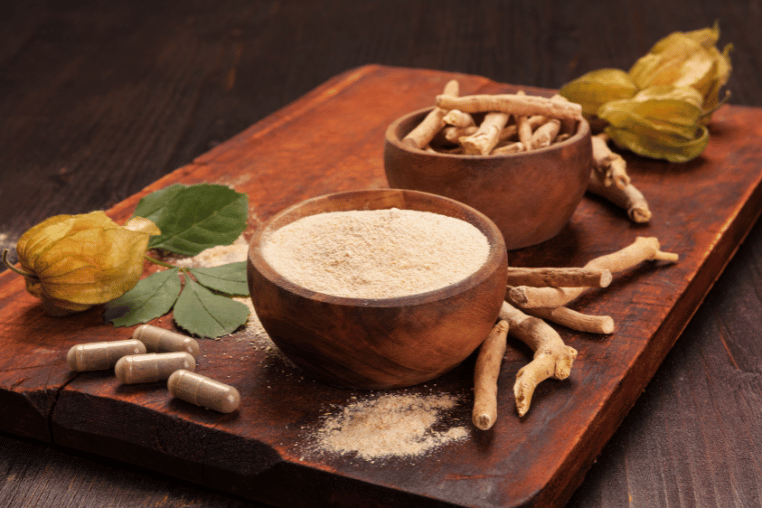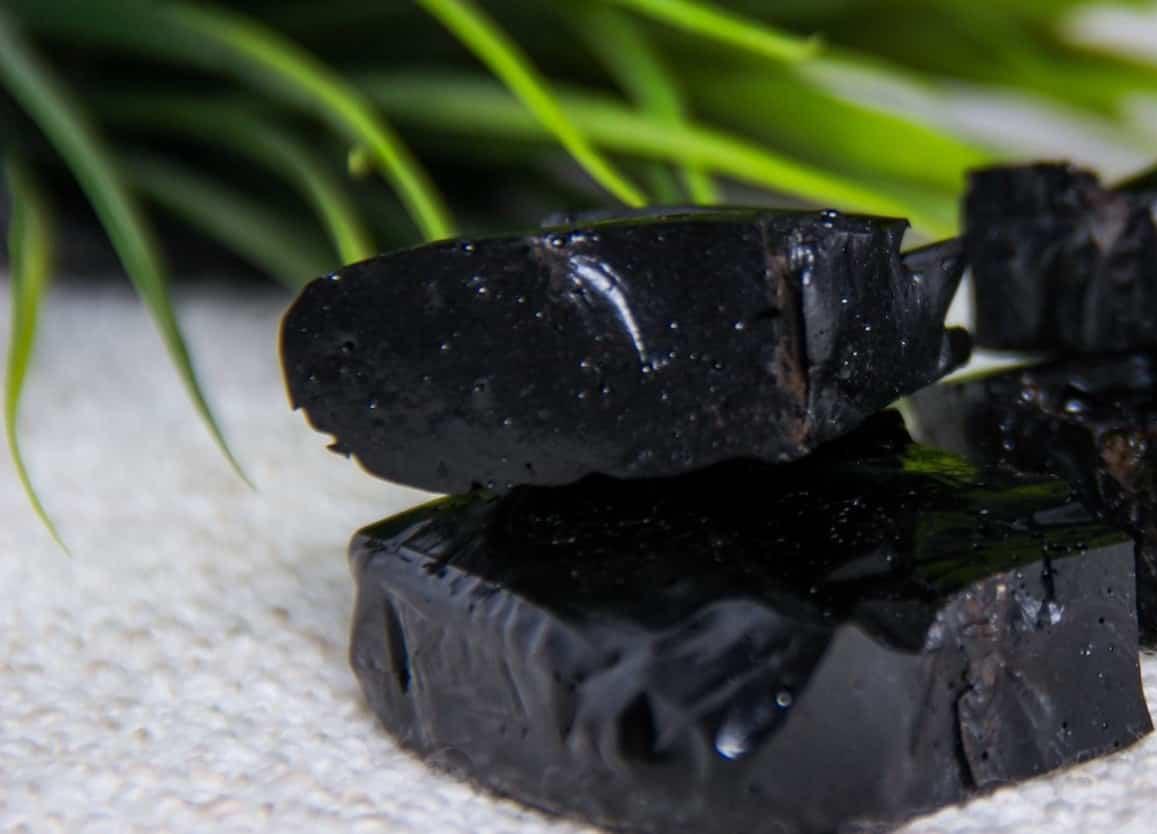
Introduction
Eczema, a widespread skin condition affecting millions globally, manifests in redness, itching, and inflammation, causing discomfort and sometimes pain. Seeking relief, many explore natural remedies like castor oil. This thick oil, derived from castor oil plant seeds, is rich in fatty acids and nutrients, believed to soothe and moisturize the skin effectively. Regular use may alleviate eczema-related inflammation and itching.
This article delves into the potential benefits of castor oil for eczema relief, its mechanism of action on the skin, and why it’s favored by some individuals. Additionally, practical tips on using castor oil safely and effectively for eczema relief are provided.
Understanding eczema’s basics and its impact on daily life is essential, as it often requires ongoing management. By presenting castor oil as a natural remedy, readers are offered an alternative option for managing their eczema symptoms. Through exploring the science behind castor oil and its potential benefits for those with eczema, along with practical advice on its usage and any associated precautions, readers can discover its potential to alleviate eczema symptoms and improve quality of life.
Understanding Eczema
Eczema, also known as dermatitis, affects many worldwide, with types like atopic and contact dermatitis. Atopic dermatitis, common in childhood, and contact dermatitis, from irritants or allergens, are prevalent forms. Symptoms include redness, itching, and inflammation, sometimes leading to dry, cracked skin. Triggers vary, from foods to environmental factors and stress. Identifying triggers is crucial for management.
Eczema impacts daily life, affecting sleep and mood, and may lead to complications like infections. Without treatment, it can worsen, causing thickened skin and scarring, and increasing the risk of other conditions. Seeking treatment and management strategies is essential to prevent complications and improve quality of life. While natural remedies like castor oil may offer relief for some, consulting a healthcare professional for personalized advice is important.
Also Read : Benefits of Aloe Vera and Cactus Tea
The Science Behind Castor Oil
Castor oil, derived from castor oil plant seeds, has a long history in traditional medicine, particularly for treating skin issues like eczema. Rich in ricinoleic acid, and known for its anti-inflammatory properties, it also contains beneficial fatty acids like oleic and linoleic acid. These hydrate the skin and maintain its natural barrier. When applied, castor oil forms a protective layer, locking in moisture and easing inflammation, reducing redness, itching, and swelling linked with eczema. Its moisturizing properties aid in healing dry skin.
Research suggests castor oil may also have antimicrobial properties, helping prevent infections. However, more studies are needed to fully grasp its benefits for eczema. While it may offer relief for some, consulting a healthcare professional for personalized advice on managing eczema symptoms is recommended.
Benefits of Castor Oil for Eczema
Castor oil offers multiple benefits for easing eczema symptoms and improving skin condition. It soothes itching and inflammation, common in eczema, calming irritated skin and reducing discomfort. Its thick texture locks in moisture, effectively hydrating dry, flaky skin often seen with eczema, and relieving itchiness.
Castor oil reinforces the skin’s natural barrier, shielding against irritants and allergens, and lowering the risk of flare-ups, especially for sensitive skin. Its potential antimicrobial properties may also prevent infections in eczema-prone areas by hindering harmful bacteria and fungi growth, aiding skin healing.
How to Use Castor Oil for Eczema
When using castor oil for eczema, there are several ways to apply it effectively. One common method is to apply it directly to the affected areas of the skin, allowing it to deeply penetrate and relieve itching and inflammation. Another option is to make castor oil compresses by soaking a cloth in warm castor oil and applying it to the skin for a soothing effect. Adding a few drops of castor oil to bathwater can also moisturize the entire body and ease eczema symptoms.
When choosing castor oil products, opt for high-quality, additive-free options like cold-pressed, organic castor oil. Select reputable brands known for their purity and transparency. While castor oil is generally safe for topical use, perform a patch test beforehand to check for allergic reactions or skin irritation. Avoid ingesting castor oil, as it can cause digestive issues and other problems.
Incorporate castor oil into your skincare routine by cleansing the skin with a gentle, fragrance-free cleanser, then applying a small amount of castor oil to affected areas and gently massaging it in. Use it twice daily alongside prescribed medications for optimal eczema relief.
Additional Tips for Managing Eczema
Lifestyle changes can help manage eczema and reduce flare-ups. Avoiding irritants like wool or synthetic fabrics and managing stress through techniques like yoga or meditation can prevent symptoms from worsening.
Proper skincare is crucial: gentle cleansing with fragrance-free soap, avoiding hot water, and regular moisturizing with thick creams or ointments can hydrate the skin and prevent dryness. Knowing when to seek medical advice is vital.
If over-the-counter remedies like castor oil don’t work or if symptoms are severe, consult a healthcare provider. They can offer personalized treatment options, including prescription medications or allergy testing, to improve eczema symptoms and quality of life.
FAQs
Is castor oil safe for all types of eczema?
While castor oil is generally safe for topical use, it’s essential to perform a patch test before applying it to larger areas of the skin, especially if you have sensitive skin or allergies. Consult with a healthcare professional before using castor oil if you have any concerns or specific medical conditions.
How often should I apply castor oil for eczema relief?
The frequency of castor oil application may vary depending on individual preferences and the severity of eczema symptoms. Some people find relief from applying castor oil twice daily, while others may choose to use it more or less frequently. Experiment with different application frequencies to find what works best for your skin.
Can castor oil be used in combination with other eczema treatments?
Yes, castor oil can be used in conjunction with other eczema treatments, such as moisturizers, prescription medications, and lifestyle changes. However, it’s essential to consult with a healthcare professional before combining treatments to ensure they are safe and effective together.
Are there any side effects or precautions to consider when using castor oil for eczema?
While castor oil is generally safe for topical use, some individuals may experience allergic reactions or skin irritation. Perform a patch test before using castor oil on larger areas of the skin, and discontinue use if any adverse reactions occur. Avoid ingesting castor oil, as it can cause digestive upset and other adverse effects when consumed orally.
Conclusion
In summary, castor oil offers many benefits for eczema sufferers seeking natural relief. Its anti-inflammatory and moisturizing properties can ease itching, inflammation, and dryness. While castor oil can help, it’s not a replacement for medical advice. Consulting a healthcare professional is crucial for a personalized eczema management plan. Natural remedies like castor oil can complement medical treatment.
Readers are encouraged to share their experiences with castor oil for eczema relief, providing valuable support and insights to others seeking alternative treatments. Together, we can explore natural remedies like castor oil and empower individuals to manage eczema symptoms for a better quality of life.

Passionate & Certified Nutritionist
A seasoned nutrition specialist dedicated to empowering individuals through personalized dietary guidance. Committed to fostering healthier lifestyles, providing tailored meal plans, and offering evidence-based nutritional advice. Passionate about promoting overall well-being by translating complex nutritional science into practical, sustainable strategies for improved health.















